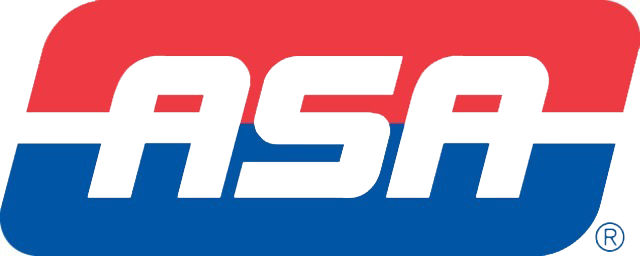CAR CARE TIPS

Courtesy of the Automotive Service Association (ASA)
The following simple and inexpensive preventive checks will greatly extend the life of the vehicle, ensure safer operation, and even benefit the environment.
- Always consult your owner’s manual for individual service schedules because maintenance requirements vary by manufacturer.
- Always consult your owner’s manual, but a good rule of thumb is to have the oil filter changed regularly – every 4000 to 6,000 miles depending on your make and model of the car.
- Have all fluids checked, including brake, power steering, transmission/transaxle, windshield washer solvent, and antifreeze? These fluids play a large role in the safety and performance of the vehicle.
- Check tire inflation. Under-inflated tires can result in a loss of fuel efficiency. This is the least expensive form of preventive and safety maintenance. Tires should be checked once a month.
- Keep your engine tuned. A fouled spark plug or plugged/restricted fuel injector can reduce fuel efficiency by as much as 30 percent.
- Have the chassis lubricated frequently? This step extends the life of the moving components of the vehicle’s suspension system.
- Check battery cables and posts for corrosion and clean them as needed. The battery fluid also should be checked and filled if it is low unless it is a maintenance-free battery.
- Have the lighting system frequently checked, including headlights, turn signals, and brake and taillights.
- Check windshield washer blades for cracks, tears, and windshield contact. Replace them at least once a year or sooner if streaking begins.
- Inspect engine belts regularly. Worn belts will affect engine performance. Look for cracks and missing sections or segments.
- Has the air filtration system been checked frequently? The air filter should be checked every other oil change for clogging or damage. This system ensures that the vehicle is performing at its peak condition.
Car Care Tips
What’s the key to keeping your car running for a long time? Following the recommended maintenance intervals outlined in your owner’s manual and checking for potential problems before they happen are essential to overall vehicle maintenance.
Follow the car care tips below to keep your vehicle running reliably:
- Change the oil within the suggested service intervals. Checking and changing your oil and oil filter will help your engine and vehicle run smoothly. While changing your oil as required is important, using the manufacturer’s recommended oil for your vehicle can improve gas mileage by 1-2%.
- Moving components require regular lubrication and should be checked as often as the oil is changed. Like CV and u-joints, driveline components are flexible components that, if not properly lubricated, can break down and cause other major components to go with them.
- Transmission and differential fluid are other important fluids to check during service intervals. Unusual noises, sluggish shifting, or abrupt gear changes are all signs that your transmission service interval is quickly approaching or has passed. Be sure to consult your owner’s manual for your manufacturer’s recommended transmission fluid type and viscosity for fluid specifications.
- Pay attention to battery life. Battery connections should be kept tight, clean, and free of corrosion. Batteries rarely provide warnings before failing, so be sure to seek battery replacements as necessary.
- Brake fluid can attract moisture, which will corrode components. Brake fluid should be replaced once a year to keep calipers, hoses, and other components in top operating condition. Other important fluids to consider changing regularly include power steering fluid and coolant. Each fluid has its own service interval, so be sure to check with the manufacturer.
- Fully functioning climate control systems are important to your comfort and your overall safety. A complete flush and fill of the coolant system are necessary for ridding the dirt and rust system collected from the engine, radiator, and various hoses. Refrigerant may also be checked before the onset of warmer seasons.
- Wheel alignments can realign your wheels to your manufacturer’s specifications. Wheel alignments improve straight-line tracking and reduce tire wear. If you feel unusual pulling to one side, it is time for a wheel alignment.
- Avoid stop-and-go driving. This wastes fuel and adds unnecessary wear and premature age to crucial components.
By following these tips and the service intervals listed inside your owner’s manual, you can guard against major repairs and unexpected failures. Proper vehicle maintenance can save you money in the long run and improve your safety and the safety of your passengers, while neglecting suggested services at regular intervals will void vehicle and parts warranties.
Stay on top of routine vehicle maintenance and visit us today or contact us online when your vehicle needs to be serviced by our professionals.
